When selection for the interim prime minister was going on in the Shital Niwas, the President’s office and residence, five-time Nepali Congress PM Sher Bahadur Deuba, recovering from the thrashing by Gen Z in the army hospital, is reported to have said, “I was to be the next PM.” This was part of the power-sharing agreement between the coalition government formed by two mainstream parties, the Communist Party of Nepal (CPN) (UML), led by KP Oli, and the National Congress (NC). Its collapse became instant history and marked the end of the political careers of PM Oli and, next in line, PM Deuba next year.
In Gen Z protests, amid accusations of being hijacked by the royalists and criminal groups, NC and UML offices across the country were attacked, conspicuously sparing CPN Maoists and Rashtriya Swatantra Party offices even as they gutted the homes of Maoist leader Prachanda and his daughter Ganga, his successor, and Renu, Mayor of Chitwan.
After hectic parleys between President Ramchandra Paudel, Army Chief Gen Ashok Sigdel and Gen Z leaders, former Chief Justice Sushila Karki was sworn in on Friday night as the 42nd Prime Minister of Nepal in Shital Niwas, where only one (among five surviving) former Prime Minister, Baburam Bhattrai, was present. The expected swearing-in of former chairman of the Nepal Electricity Board, Kulman Ghisingh, and Kathmandu Mayor Balendra Shah (he was present) did not take place. But this was the quickest selection and appointment of a prime minister in Nepal.
It was not difficult to agree on Karki, as she was the favourite of Gen Z, though there are disparate groups and voices in Gen Z. But disagreement was about the sequencing of the constitutional process: whether Parliament should be dissolved before or after the appointment of the caretaker prime minister. While Paudel had argued that once a caretaker prime minister, a new council of ministers and elections were announced, Parliament would automatically dissolve. Karki and Gen Z insisted on the dissolution of Parliament first.
Impact Shorts
More ShortsFor Paudel, an NC stalwart, this was not an easy decision, as the previous night he met leaders of political parties, including Prachanda, who was instrumental in his appointment as president. In fact, he switched coalition partners from UML to NC to ensure Paudel becomes president and his own retention as prime minister. Paudel is hoping to induct younger generation political leaders with a clean image into the interim government. The door is open.
Leading constitutional expert Bhim Arjun Acharya, in a TV interview, said: the constitution must be saved; the president is the ultimate custodian of the constitution; the parliament has to be dissolved, and the army must return to full civilian control. Both the parliament and constitution can’t be dissolved, he added.
Further, he advocated investigation and action against former ministers charged with alleged corruption cases, police for indiscriminate firing, and Gen Z for destroying government property. He noted that the army, instead of securing national assets — buildings housing the judiciary, executive and legislature — was busy protecting ministers and politicians.
While the Gen Z movement might have paved the way to cleansing the governance system and arresting corruption, its cost has been mind-boggling: destruction of billions of dollars of national assets, escape of 20 to 30,000 prisoners from jail, including the coercive release of RSP leader Rabi Lamichchane, who faces multiple charges of fraud and loan default, looting of weapons from police and armouries, looting from banks and loss of confidence among foreign investors.
A caretaker prime minister and shortly a government have apparently prevented any declaration of emergency by the army, which had also reportedly put the president on notice, and restored political control. Sigdel had taken the front seat in the negotiation process, for which the army was just not equipped.
Further, in his address to the nation, Sigdel signalled, by prominently displaying a portrait of the founder of modern Nepal, King Prithvi Narayan Shah, the army’s residual allegiance to the monarchy and the palace. It is worth recalling that the principal agenda of the Maoist civil war was for King Gyanendra to submit the army to genuine political control. One of the first meetings Sigdel organised was between Gen Z leaders and Durga Prasain, former UML leader turned royalist and agent provocateur of the March Restoration of Monarchy movement in Kathmandu, which led to three deaths. He was arrested and released on bail. Gen Z walked out of the meeting.
The Nepal Army is a professional force with a reputation for its fighting élan in combatting Maoists and prowess in UN peacekeeping missions. It had an unsavoury taste of power when King Gyanendra carried out the palace coup on February 1, 2005, and India instantly prohibited the transfer of weapons and equipment. This also led to a temporary breach in army-to-army links and bilateral relations.
In the pictures released of her swearing in, Karki is flanked by two prominent faces: Gen Z leader Sudan Gurung and Ram Subedi, her husband and NC activist involved in the hijacking of an RNA aircraft in 1973. Others involved in the hijacking included NC’s Chakra Bastola, who became ambassador to India. One other prominent face in the picture is that of Sumana Shrestha of the Rastriya Swatantra Party (RSP).
At 72, Karki becomes Nepal’s first Madam Prime Minister, who was also the first female chief justice in 2016. She studied at Banaras Hindu University, high learning’s umbilical cord with Nepal’s students. Her rulings in cases involving ministers and one anti-graft body chief are legendary.
In April 2017, then-PM Prachanda submitted an impeachment motion against her, overruling his decision to appoint a police chief, breaching the seniority system. Karki is reported to have a soft corner for India and strong links with NC. After her appointment, the President’s Office announced the dissolution of the House of Representatives on the recommendations of the prime minister.
Prime Minister Narendra Modi congratulated Sushila Karki on assuming office as prime minister of the interim government of Nepal, adding India remains firmly committed to peace, progress and prosperity for the people of Nepal. This is not the first time Nepal has chosen a former Chief Justice as PM of an interim government. In 2006, Chief Justice Khil Raj Regmi held the appointment while the interim constitution was drafted and elections were held in 2008 that were swept by the Maoists.
The road ahead, like most roads in Nepal, will be bumpy and potholed because there are far too many stakeholders wishing to piggyback Gen Z, which itself works on an app called ‘Discord’. Elections have been slated for March 5, 2026. For a truly transformative governance system, amendments to the 2015 constitution are essential. For ensuring political stability, any one political party should be able to win a majority. Nepal’s existing electoral system disables it and will need to be amended, deleting the proportional representation system (PR) from the existing mix of the first past the post (FPTP) and PR for the House of Representatives.
Although many stories about the CIA and the late Barbara Adams Foundation are doing the rounds, they seem like usual exaggerations. Maoists gave Adams Nepali citizenship after 50 years of service to Nepal. Not for no reason is Kathmandu called the rumour capital of the world. India has so far been spared from being linked to the external hand, though anti-India sentiment has not significantly diminished. Some Indian tourists were attacked, but it was more angst and despair than anti-Indianism.
Until Saturday afternoon a minister had not been appointed to assist Karki. The death toll has risen to 51, including 3 policemen; 30 from bullets and 21 from wounds and burns. Gen Z has begun clearing the rubble and cleaning the streets in Kathmandu. From my village in Lame Ahal near Pokhara, and probably everywhere else in Nepal, youth between 13 and 30 who make up Gen Z are happy and sad. John Dryden’s “Beware the fury of a patient man” echoes amid the smoke and fire of Nepal’s fifth revolution.
The author is former GOC IPKF South Sri Lanka and founder member Defence Planning Staff, now Integrated Defence Staff, Ministry of Defence. Views expressed in the above piece are personal and solely those of the author. They do not necessarily reflect Firstpost’s views.


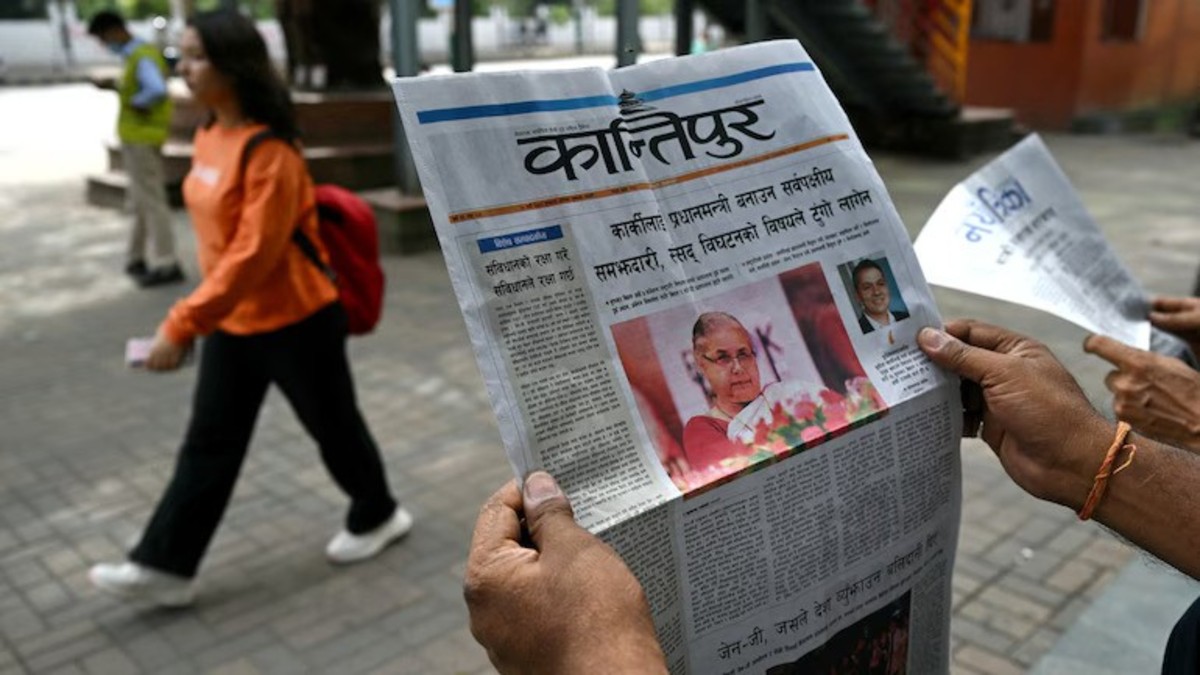)

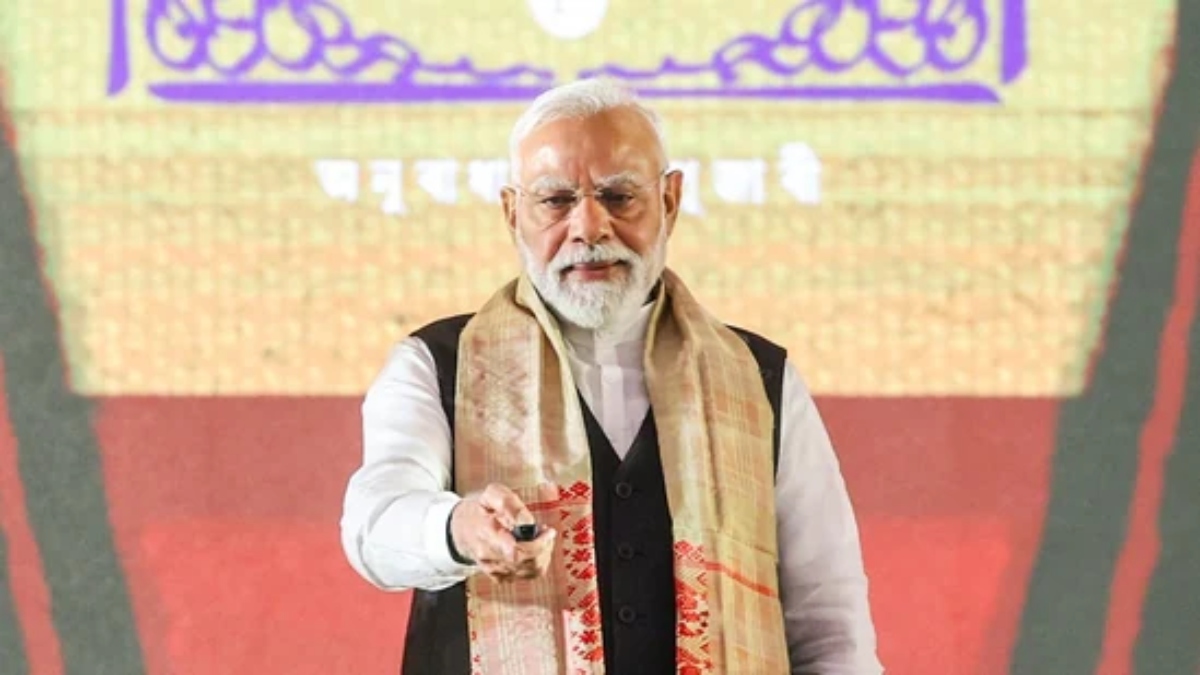)
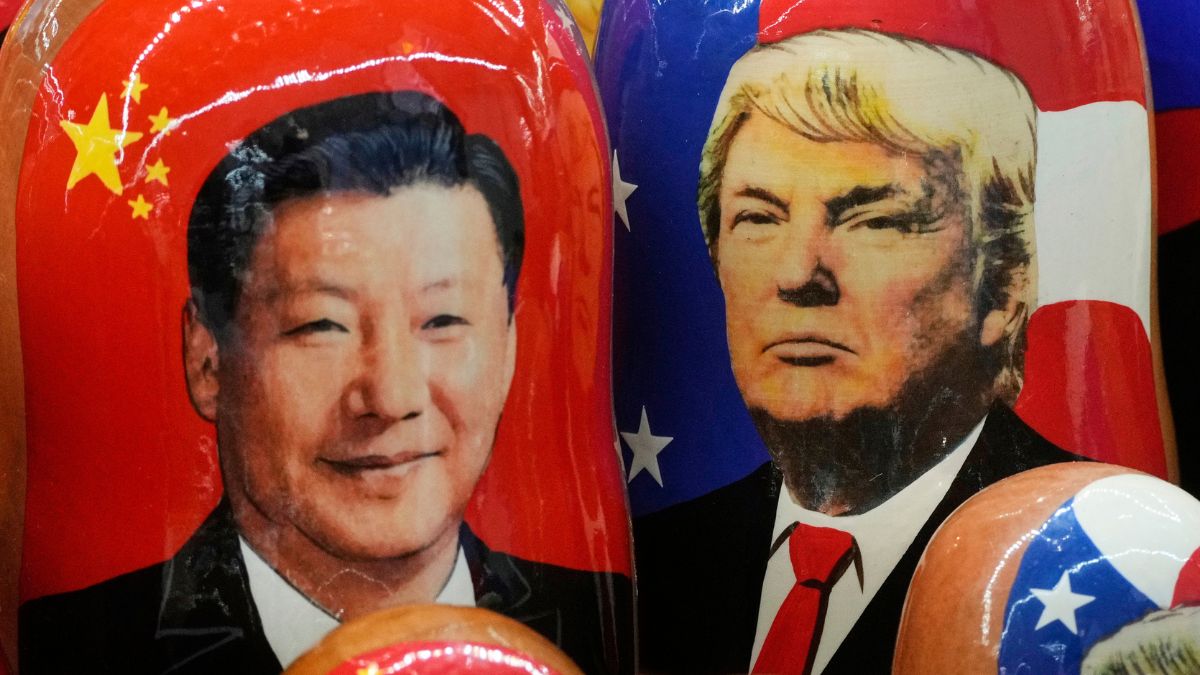)
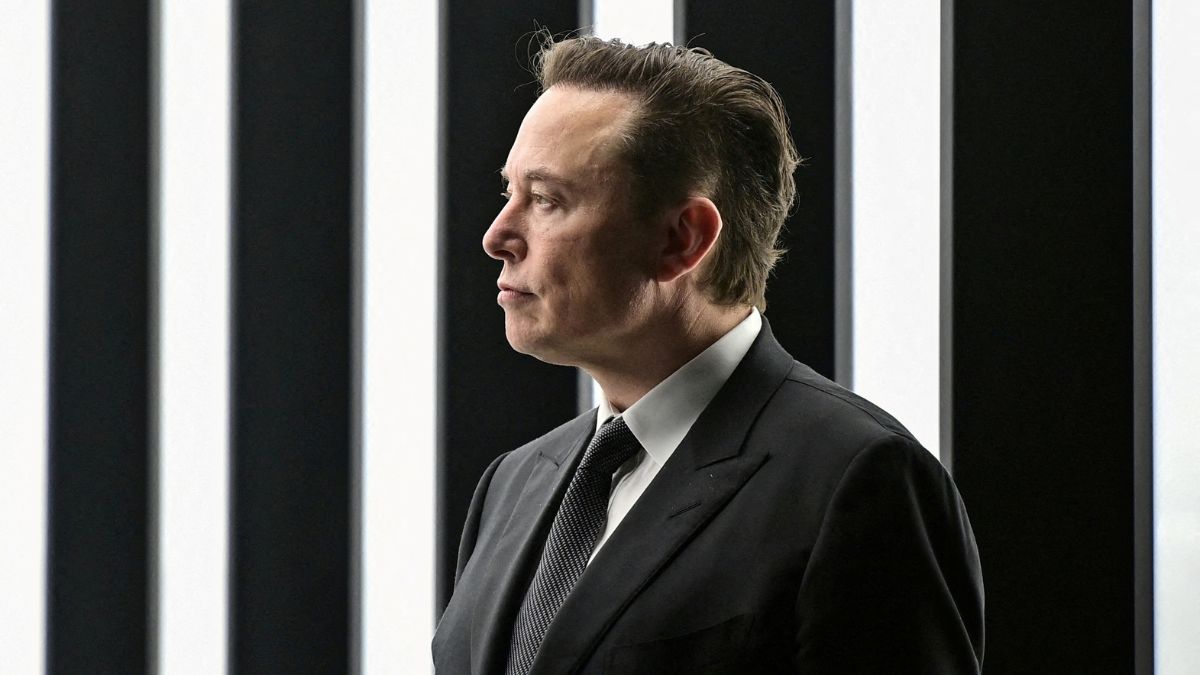)
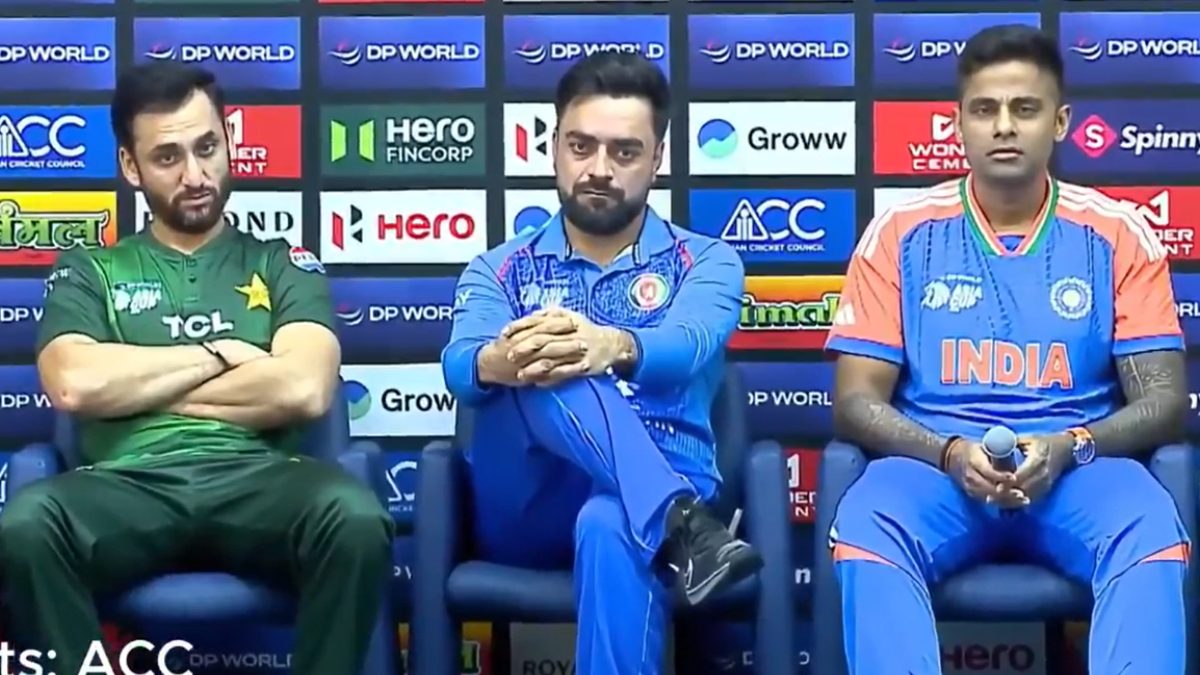)
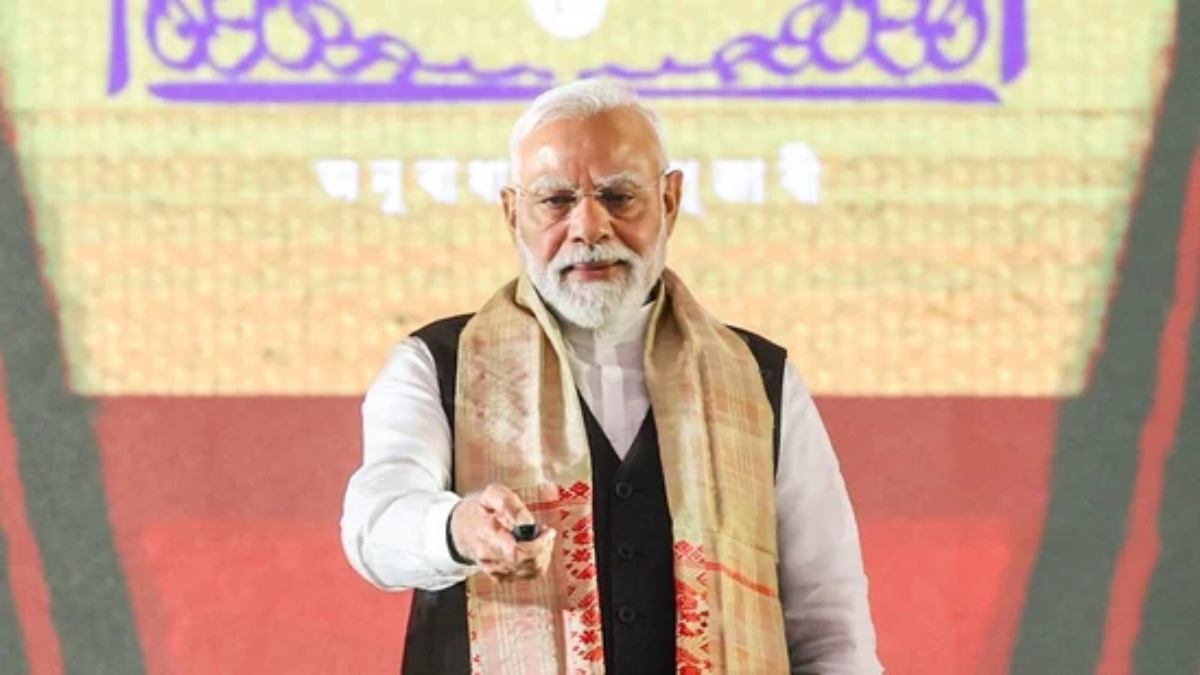)
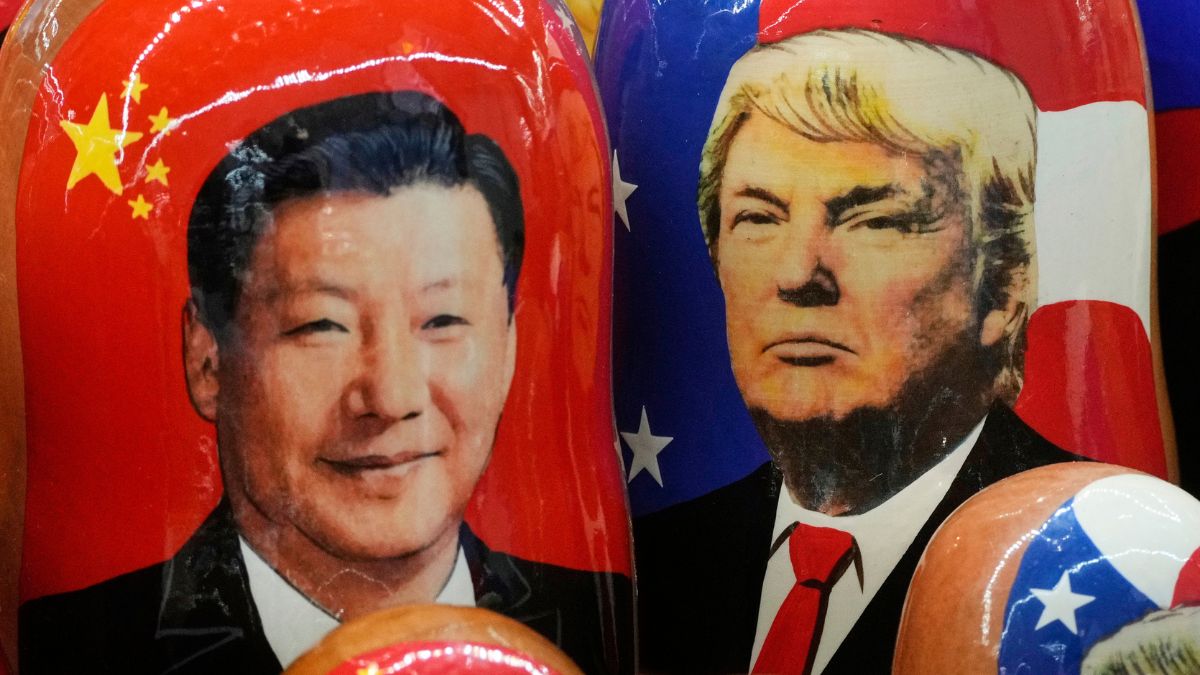)
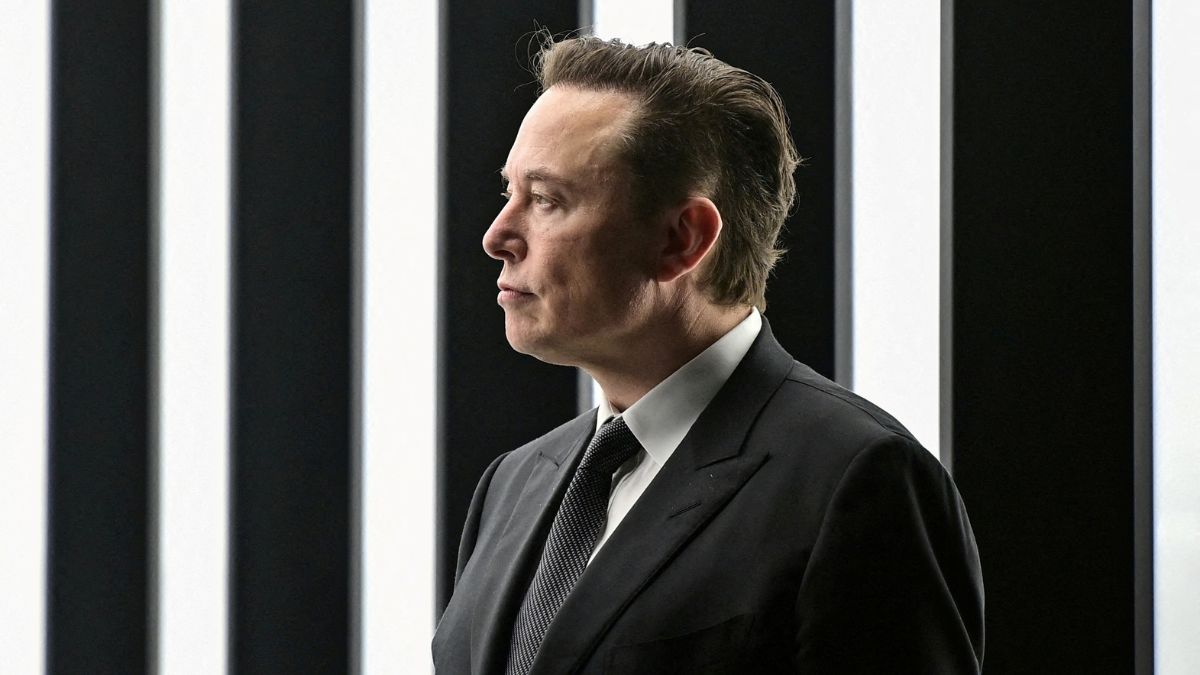)
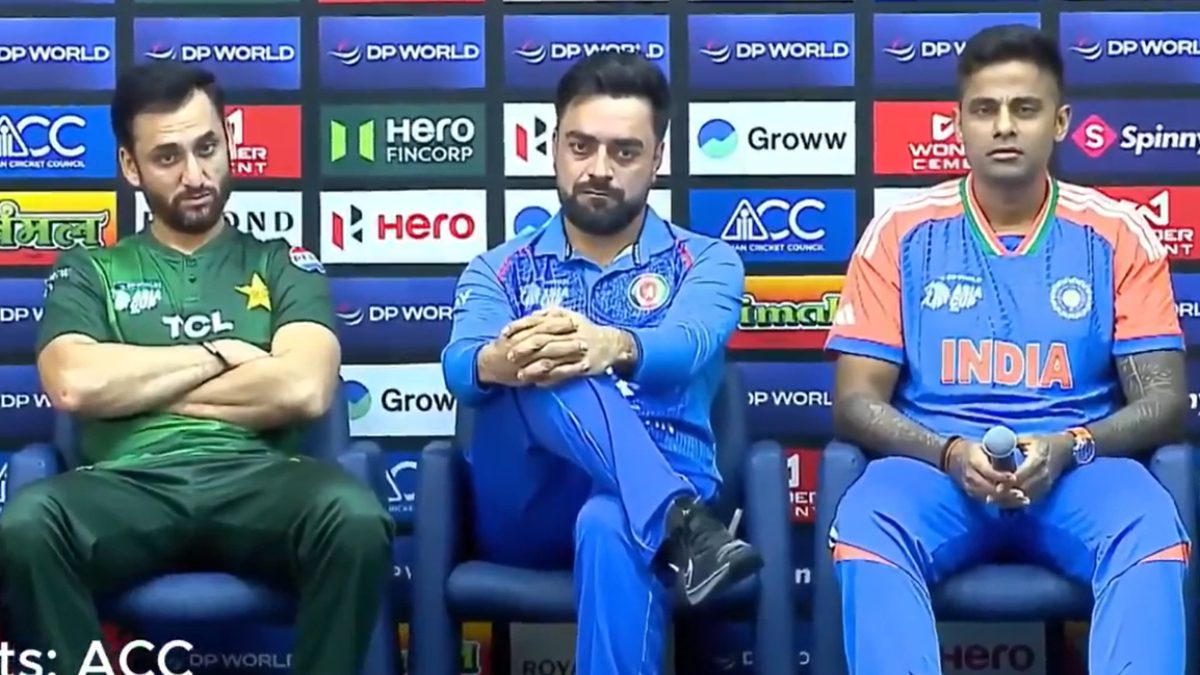)



